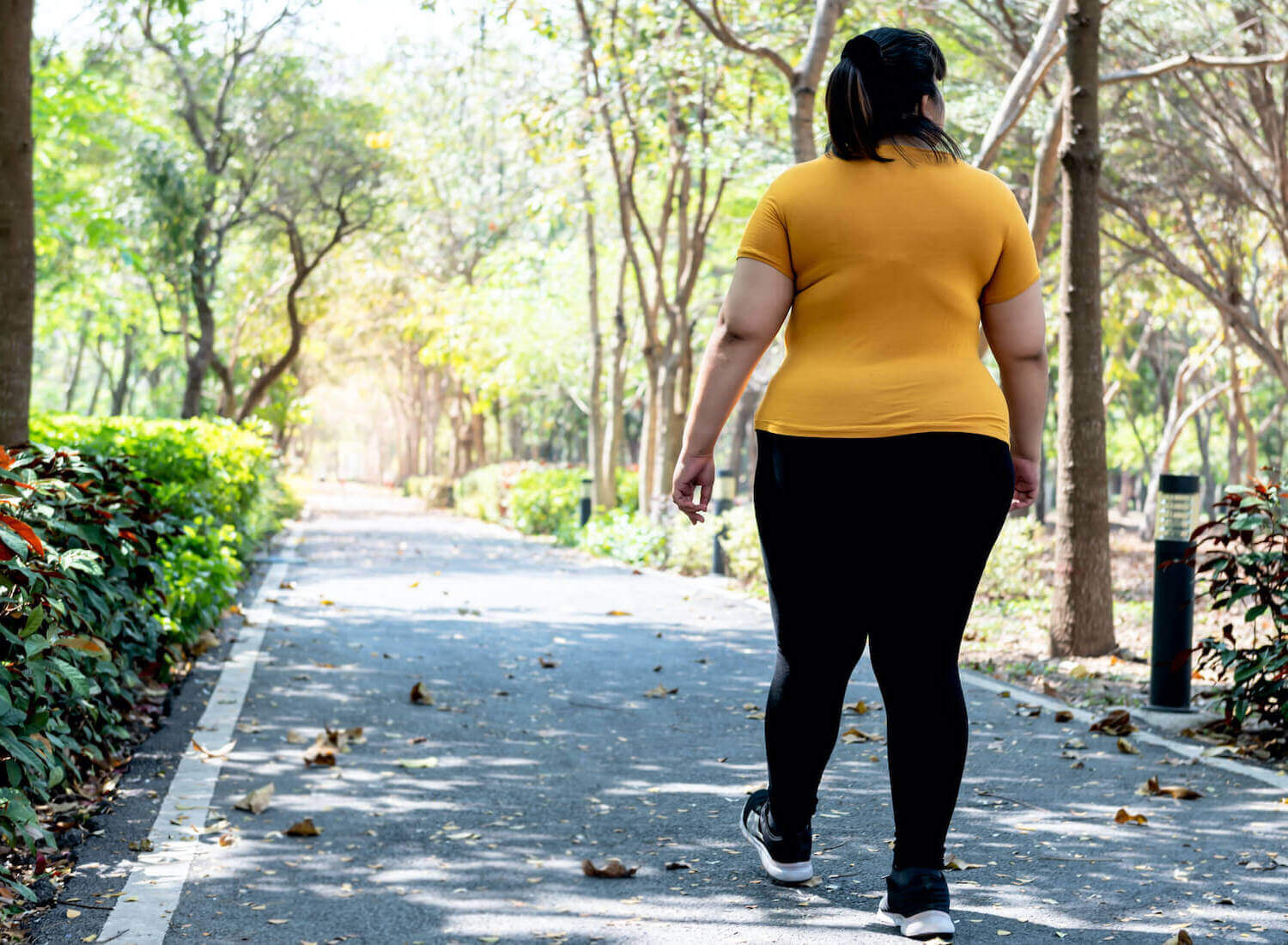Back to Patient Portal
The world around us is changing quickly. Looking back to the first blog we published about modern technology’s role in post-bariatric surgery care, it shows how different the landscape is today compared to then. (For a blast from the past, read the original article here: Take Advantage of Technology – weight loss tips following weight loss surgery).
At Upper GI Surgery we are embracing the fast-paced changes in technology, from robotics to automation to AI. If you are a bariatric surgery patient at our practice you will be familiar with our pre-op digital platform, providing necessary prompts and useful information directly to your favourite device. After bariatric surgery, as part of our Patient Aftercare Program we provide patients with a 2-year enrollment to Fresh Start, an online program of webinars, forums and a digital library of resources. Everything is online these days.
Apps to Help On Your Journey
Apps are so useful for helping navigate life after bariatric surgery, that we’ve already dedicated a whole blog to it – Recommended Apps for Post Bariatric Surgery. From food & water intake to meditation and behaviour/mindfulness, there is an app for everything.
But in the space of a few years since our last blog about helpful apps to use post-bariatric surgery, more are now available and many are tailored specifically for bariatric patients, such as the Baritastic tracking app. Whatever you find is easiest to keep yourself accountable, not just in the months after surgery – maintaining weight loss long-term requires commitment and dedication to a new, healthier lifestyle, and apps are a great way to keep yourself accountable by keeping track.
Plus, many apps connect directly to your smart devices like your watch, keeping track of valuable insights such as the number of steps you’re making daily. These devices and alerts can be a great way to motivate yourself to get moving throughout the day, and set realistic goals for yourself in the future – ‘tomorrow I’m going to walk an extra 500 steps’.

Support from Social Media
As technology has advanced in the last decade so have social media platforms. More and more people are active across a variety of social media accounts, connecting with like-minded people locally or worldwide. You should never seek medical advice on social media platforms, but they are a potential space to find online support. For example, Facebook Groups are a way to join others who are going through the same or similar experiences – sharing stories, insights and successes.
After bariatric surgery, the role of your close family and friends is an important part of your journey. Sometimes it’s easier to connect with them over social media if they live far away. But they don’t always understand your feelings or situation which may be frustrating. Having a safe space to talk online, with people you’ve known forever or complete strangers that ‘get you’, social media can be a positive way to get additional support on your journey.
Positive Influences
There are many different ways to use technology within your post-surgery journey. Many people listen to podcasts – this is a great way to absorb useful information, for those that prefer to listen than read. Not to mention listening to a podcast is a great way to keep you entertained while you aim to get your steps up or cook healthy meals in the kitchen.
There are hundreds if not thousands of podcasts available to listen to for free about living with obesity, bariatric surgery and how to achieve long-term success afterwards. Every podcast has a different style and approach, remember that medical advice should only be given by your medical professionals such as your surgeon or GP.
If you’re more of a watcher than a listener, turn to video websites like YouTube – jam-packed with useful information like recipes, success stories, ways to tackle emotional eating or even a short mindfulness meditation. Save and share your favourites with your online community.

Helping Before & After Bariatric Surgery
If you haven’t had bariatric surgery but are considering it, these tools are useful for you too. The internet is a great resource for information in many formats – do your research and be informed. Joining groups online may provide an insight into the reality of what it takes to make such significant life changes, along with inspiration from real-life success stories. Following successful bariatric surgery, most patients find that diseases such as diabetes, high blood pressure and sleep apnoea significantly improve or disappear altogether.
Once patients have had bariatric surgery they can more easily control their eating, lose weight and gain health. But this is only achieved through adherence to a new healthy lifestyle (with online support), the surgery is just a part of that journey. Making sure you attend your follow-up appointments and stay accountable will give you a much higher chance of achieving long-term success.
If you would like to know more about Bariatric Surgery please contact our team today who will be able to help guide you in the right direction.




0 Comments